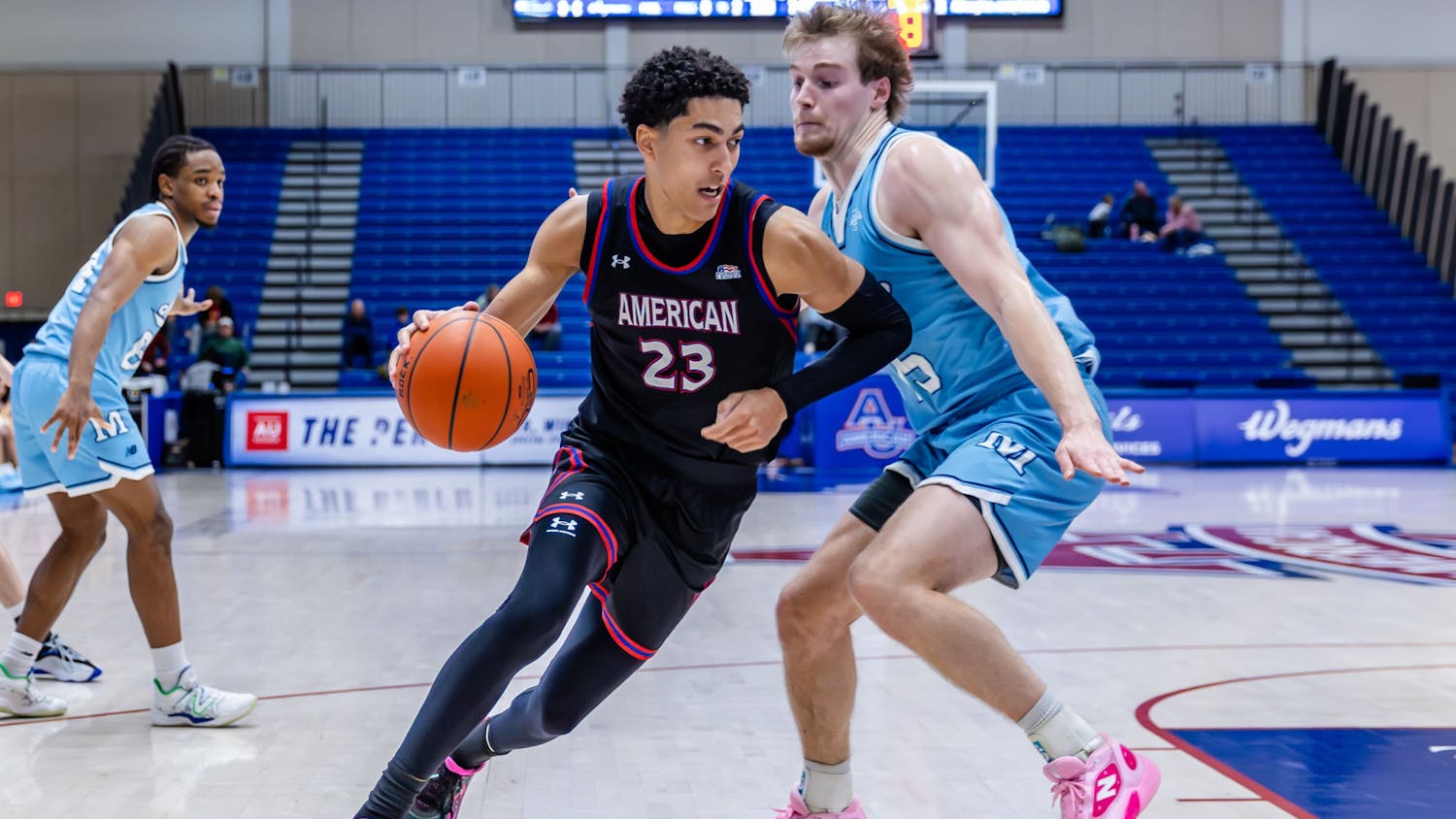If you believe professional sports teams are immune from the recent economic downturn, look no further than recent news from across the pond in European soccer to see otherwise.
With the economy in turmoil, the dichotomy of the English Premier League is staggering. While clubs such as Portsmouth and Blackburn are desperately looking for investors just to pay the bills, league powers like Manchester United, Liverpool, and Aston Villa are flush with cash.
On Wednesday, ESPN Soccernet reported UEFA President Michel Platini was ramping up efforts to establish a salary cap on European football teams.
It's about time. With contracts, buy-outs, and trade bids easily soaring beyond seven figures, many top European football clubs appear immune to the sour economy, tightening budgets, and shrinking attendance. Despite repeated calls for salary caps, the European Club Association, made up of representatives from Europe's top football clubs, has opposed any idea of regulation.
Although the top football clubs remain opposed to any restrictions, a salary cap is the only answer to keep European football competitive.
In January, numerous media outlets reported on Manchester City Football Club's outrageous 100 million pound bid for AC Milan superstar Kaka. SKYSPORTS reported that the contract would be worth over 500,000 pounds a week. Granted Kaka is a gifted athlete and deserves a large contract, but Man City's timing couldn't be worse.
I can't even fathom earning upwards of $700,000 a week. A week!
Although Kaka later declined the move to Man City, many other European clubs and officials are becoming worried that the financial clout of some giant football clubs will ruin the once "beautiful game." With teams at the bottom of the EPL standings just struggling to survive financially, let alone win games, this wasteful spending can't continue.
With the backing of wealthy investors from Abu-Dhabi, Man City's strategy of buying up all the world's top soccer talent to become a football powerhouse isn't anything new, especially in the English Premier League.
After Russian billionaire Roman Abramovich assumed control of Chelsea Football Club, Abramovich used his vast financial resources to lure the world's top soccer talent to Chelsea. Many accused Abramovich of intentionally offering inflated prices to football stars, allowing the team to pick and choose a team of superstars who would lead Chelsea to Premier League, League Cup, and FA Cup titles.
The same strategy has become a lightning rod for criticism and similar appeals for salary caps for professional sports here in the U.S. Many criticize the Yankees and owner George Steinbrenner of disrupting the baseball player market. Despite the slowing economy, the Yankees splurged this winter in the free-agent market and spent over $400 million on players, prompting renewed calls from baseball owners for an MLB salary cap.
Granted, a salary cap for MLB or English football isn't a fix-all cure for economic problems. It is, however, a step in the right direction to controlling outlandish spending. More importantly, leveling the playing field and restoring some sense of competition will ensure most teams survival in these tough economic times.
You can reach this staff writer at mlock@theeagleonline.com.





